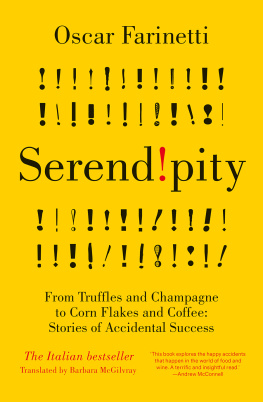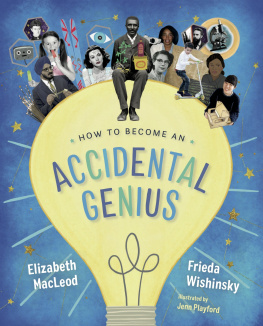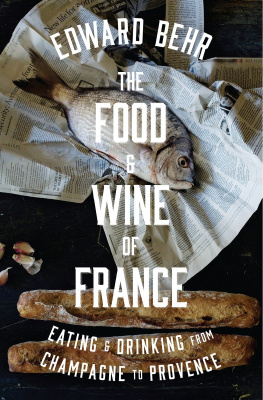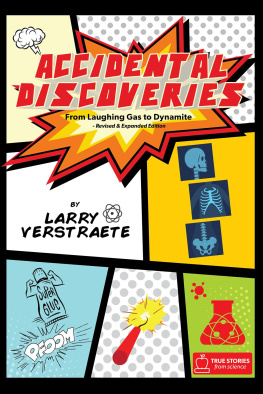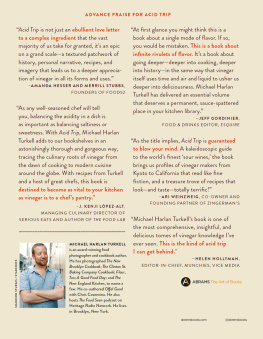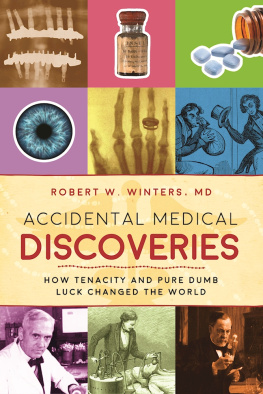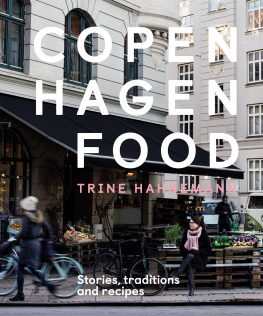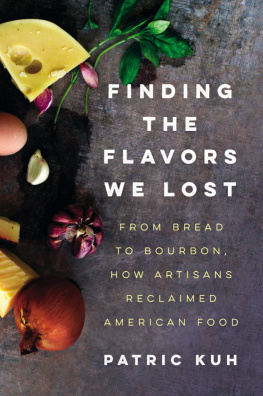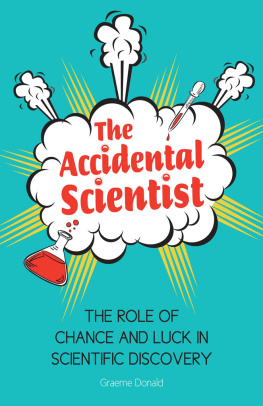
ANCHOVIES FROM THE CANTABRIAN SEA
A timely shipwreck
WITH JOS MARINO
The anchovy is a dangerous and vindictive animal. Many people whove tried to feather their nest at the anchovys expense have ended up ruined and destitute, and a few have committed suicide. Sometimes if theres an abundance of fish at the end of the season, prices crash, so anyone who foolishly bought them at high prices at the start of the season suddenly finds theyre losing a lot of money. This can be so overwhelming that nothing seems worthwhile anymore. Its the revenge of the little silver fish!
This is my great friend Jos Marino, an awesome guy. Jos was my first supplier of acciughe alla vera carne, the name given to anchovies from the Cantabrian Sea that are caught before the eggs are laid, when the flesh has just the right amount of fat. He splits his time between Genoa and Biarritz in French Basque Country on the Atlantic Coast near the Spanish border. Ive been there with Jos and watched the Basque women hand-select the anchovies one by one according to size, dividing them into at least four categories numbered 0 to 3. Its done with efficiency, speed and precision that no machine could hope to match.
Jos, all Ill say to you is this: Serendipity is not a book all about anchovies. So please, do try to be brief. He looks at me for a moment. Hes casting his mind back in time, and after a few seconds were at the end of the 1800s. Am I ready? Sure. Is he ready? Silly question: getting him to talk wont be hard, but stopping him will be.
My uncle Antonino, who was my grandfathers uncle, although they were the same age, told me that in around 1880 a few Palermo locals from the Terrasini area were in a merchant vessel that was wrecked in the Cantabrian Sea near Euskal Herria, the land of the Basques. It was spring. They were rescued and fed by the local fishermen, and over the next few days they watched as the traineras big fishing boats with oars unloaded vast quantities of anchovies, more than could be eaten fresh or even sold at the local markets, no matter how low the price.
Thats when the Sicilian shipwreck survivors realised that the Basques didnt know about the art of salting. Salted fish had been processed in Sicily and the Mediterranean since the time of the Phoenicians, who had to spend long periods at sea. So instead of going home straight away, the Italians shipwrecked at Euskal Herria stayed and taught the locals how to salt the fish they caught. A few started families and set up businesses and got rich.
Is this a myth? I dont know. Maybe I put it out there myself. Jos chuckles to himself.
Theres another story he wants to tell me another tale bordering on the truth. Its the story of some Sicilians on Basque whaling boats who spotted vast schools of young anchovies and sardines, known in Italian as bianchetti or whitebait. Theyre a delicacy for cetaceans. Up to the beginning of the twentieth century the Basques were great whale hunters, sailing from Greenland to Terranova and further south to the Cantabrian Sea. On these journeys they used the expertise of the Sicilian mariners, and they were the ones who spread the word about the indescribable, wondrous treasure trove of anchovies in those waters.
And what really happened?
Jos shrugs. I prefer to believe the first version, but however it went the point is they discovered there was this wealth of poor mans fish in the Cantabrian Sea, and anchovies were considered the poorest of the poor. Even the sardines had more taste! And the mackerel too. The local companies were already preserving mackerel and tuna.
He goes on to explain that the best anchovies are the Engraulis encrasicolus, fished in both the Mediterranean and the temperate waters of the Atlantic. But its the Engraulis encrasicolus in the Cantabrian Sea that are the worlds finest anchovies, found during the costera, the period between March and June when they come in to the shore to deposit their eggs.
The anchovies in other areas like the American Atlantic and the Pacific and Indian Oceans belong to different families Engraulis ringens and Engraulis japonicus and Jos seems perfectly sincere when he says their quality and taste is barely passable, if not awful.
The time machine revs up again and he continues his story.
The Sicilian salters needed funding to set up in the new areas, to lease spaces for salting and to buy the necessary equipment, so they asked their main clients for help. Thats how this Italian community in the north of the Iberian Peninsula started. It was mainly Sicilian, and most of the Sicilians were from Palermo from Porticello and SantElia in Santa Flavia, or from Terrasini. Later there were companies set up by Genoans from Darsena, by Livornese and a few Piedmontese. The first Italian company was in Bermeo in the Basque Country, financed by Genoans with Sicilian salters.
Its as if Jos was part of that Sicilian, Genoan, Italian and Basque dynasty where the link is not blood, but experience, technique, a specific kind of knowledge, and especially the recognition of all those ancestors brought together by just one thing. He calls it the art of salting. Its a technique of preserving in salt so simple that its difficult to learn. The details are what make the difference.
Its simple to buy the anchovies, take them to where theyre processed and give them an initial salting in special containers; its simple to remove the heads and intestines in a single movement and halve them lengthwise. The trickier part comes when the men are at sea, and the women are required to place the anchovies meticulously in tins, sprinkling a good handful of salt between one layer and the next. Jos explains that the layering must continue well beyond the limit of the tin.
How far?
The women make that decision depending on the size of the anchovies. They put a heavy weight on top of the layers, and over a few months the anchovies lose fat and become leaner, until the last layer is level with the top of the tin.
And then?
Then every three days (or five at most) they have to be washed with a saturated brine solution at 25 degrees Celsius. But Im not going to explain it to you because youll think our work is too easy.
He chuckles, knowing exactly where he will steer the conversation. The difference is in the details, he repeats. Its in the experience of the salter. Its in knowing how to choose the best specimens when youre making the purchase. Its in knowing how to clean them with the right brine solution, accurately assess their size and salt them correctly taking into account the different conditions of each fish. Has it come a long distance? It needs lots of hours. Was it caught close to home? Just a few hours. Has it been refrigerated on the boat? Are the females full of eggs? Are they fat or thin? And so on. Its about knowledge with a capital K, which you learn with experience.
Maybe you also need to be born into it, or at least practise it every day. Jos has worked hard to honour his family name and carry it forward. His history testifies to this, so heres the short version. His maternal grandfather, Don Liborio Orlando, a native of Terrasini, went to Getaria in the Basque Country in 1895 aged fourteen and settled there. His paternal grandfather, Don Santo Marino, set out for the United States as a boy, around 1885, and headed west. They called him cave devil because he came from Porticello, famous for its pumice caves. When his son Vincenzo Marino, Joss father, was born they were living in Louisville, but Don Santo Marino became fed up with the violence in America and eventually returned to Italy. He had heard about his countrymen emigrating to Spain for the anchovies, and although he had zero expertise in the trade he moved his family to Orio, near San Sebastian.

